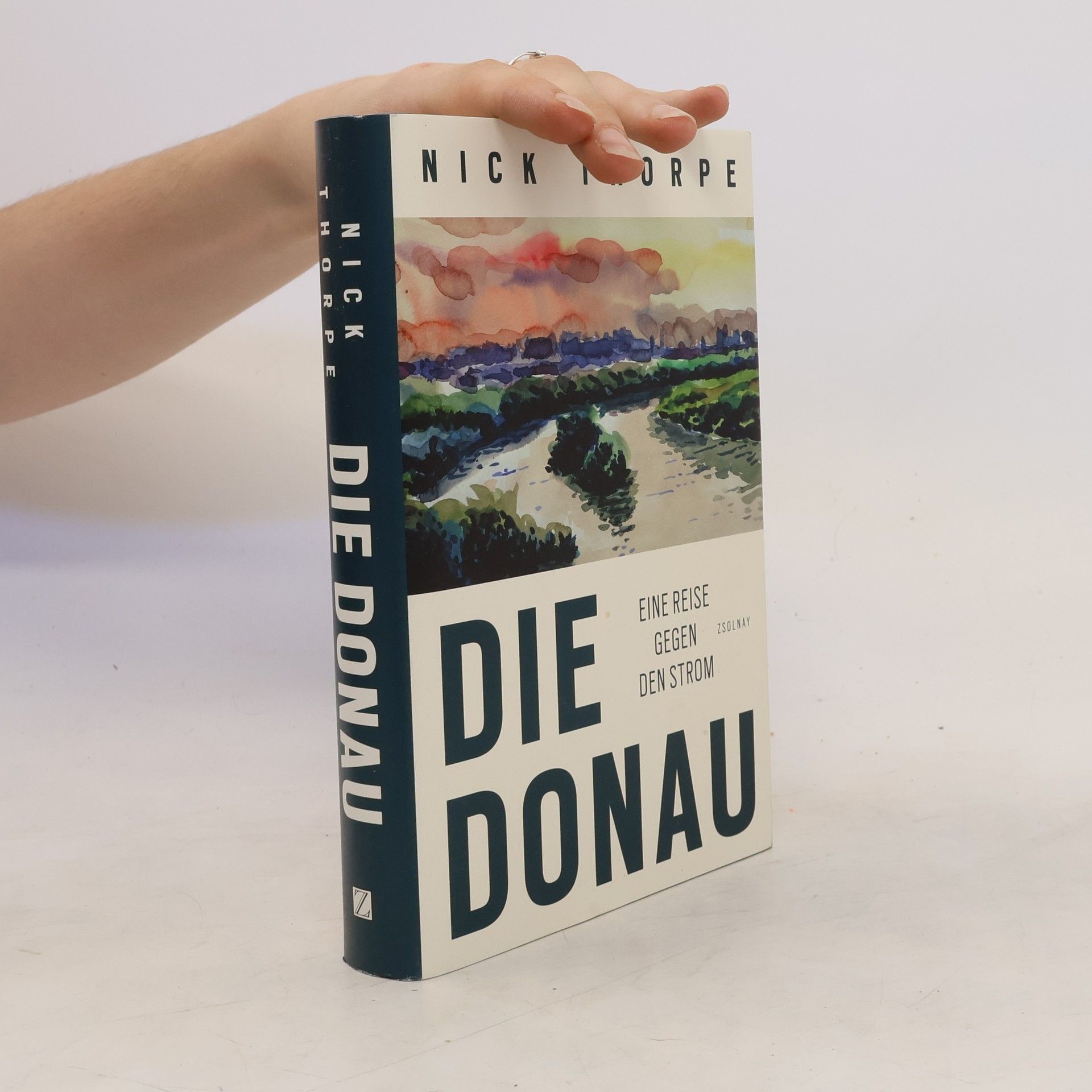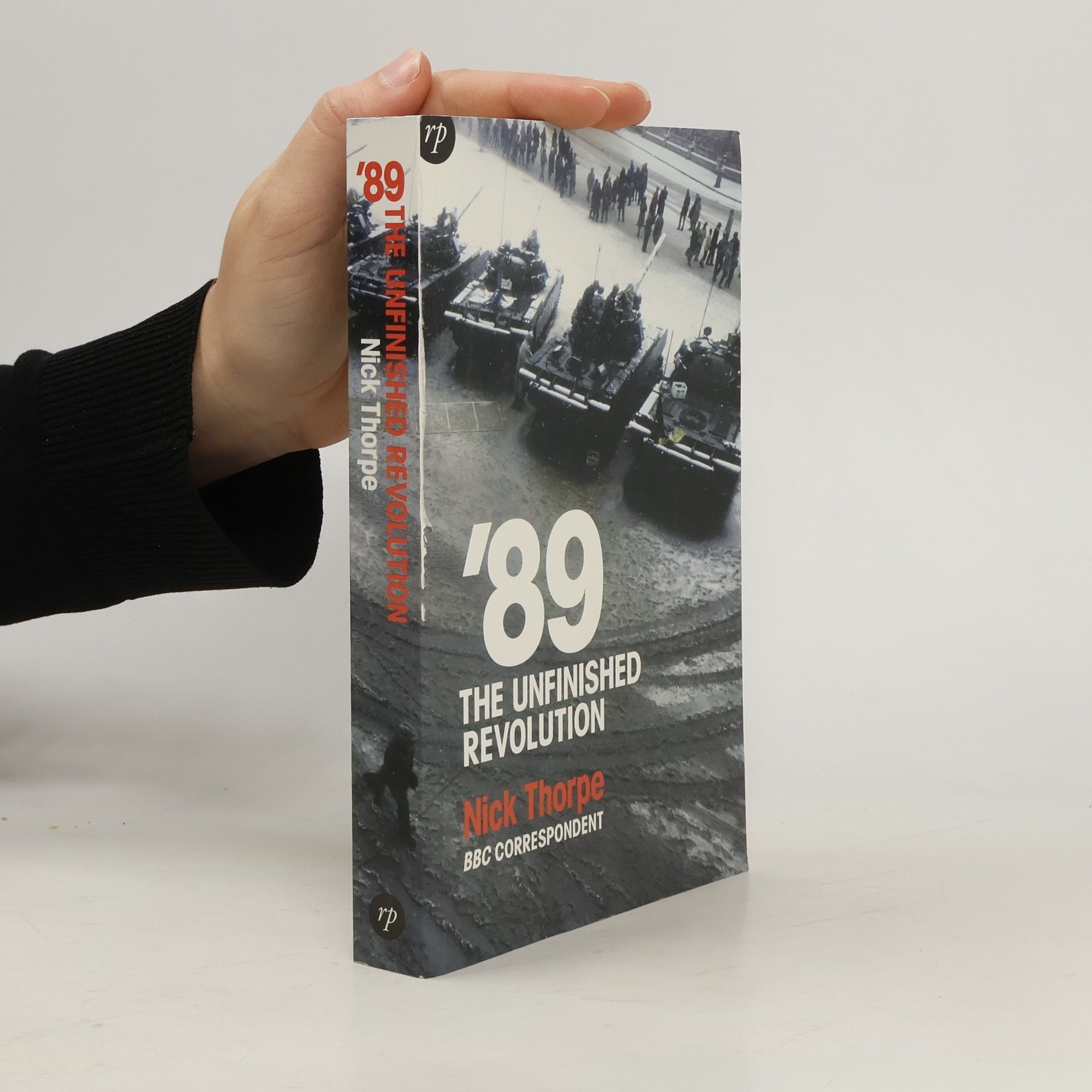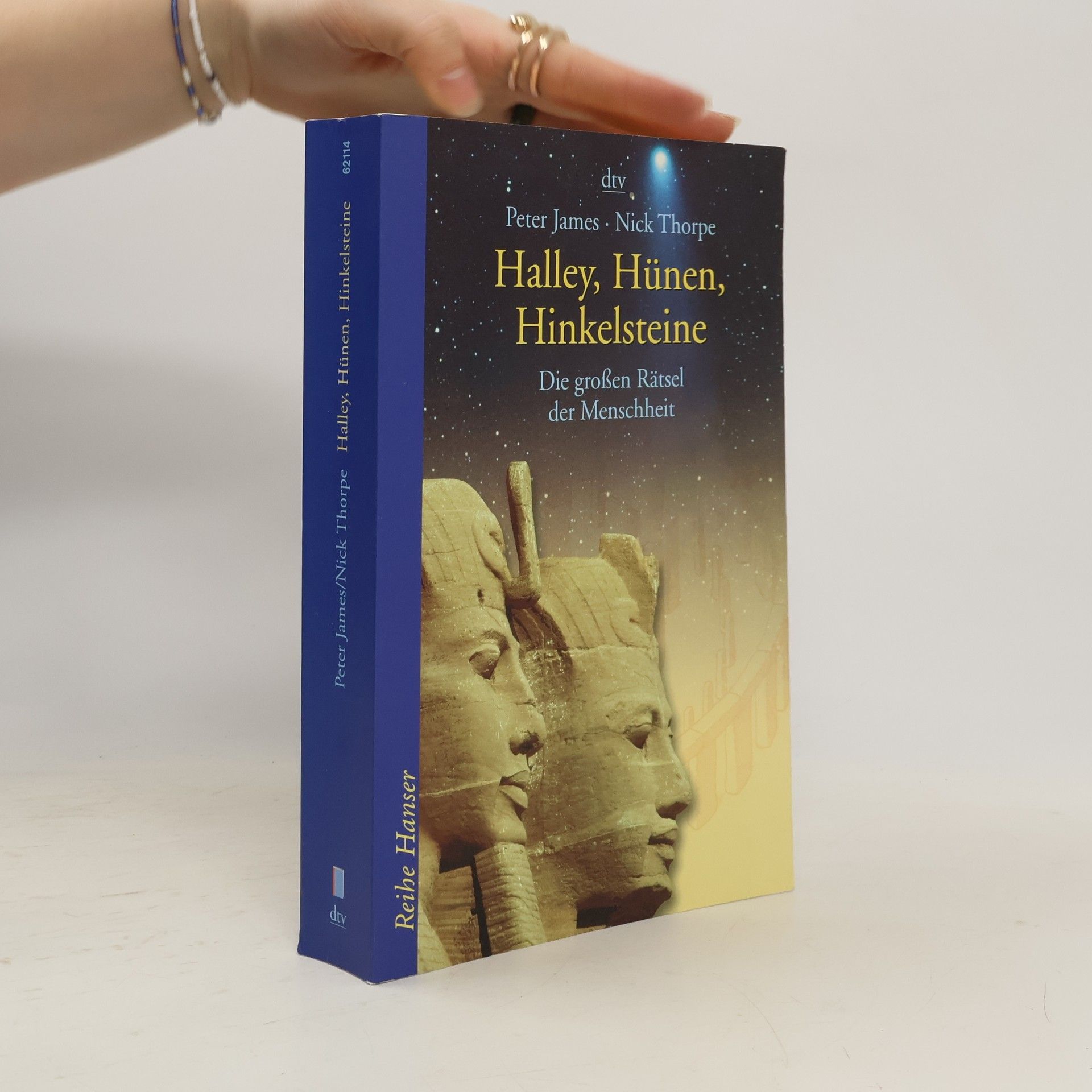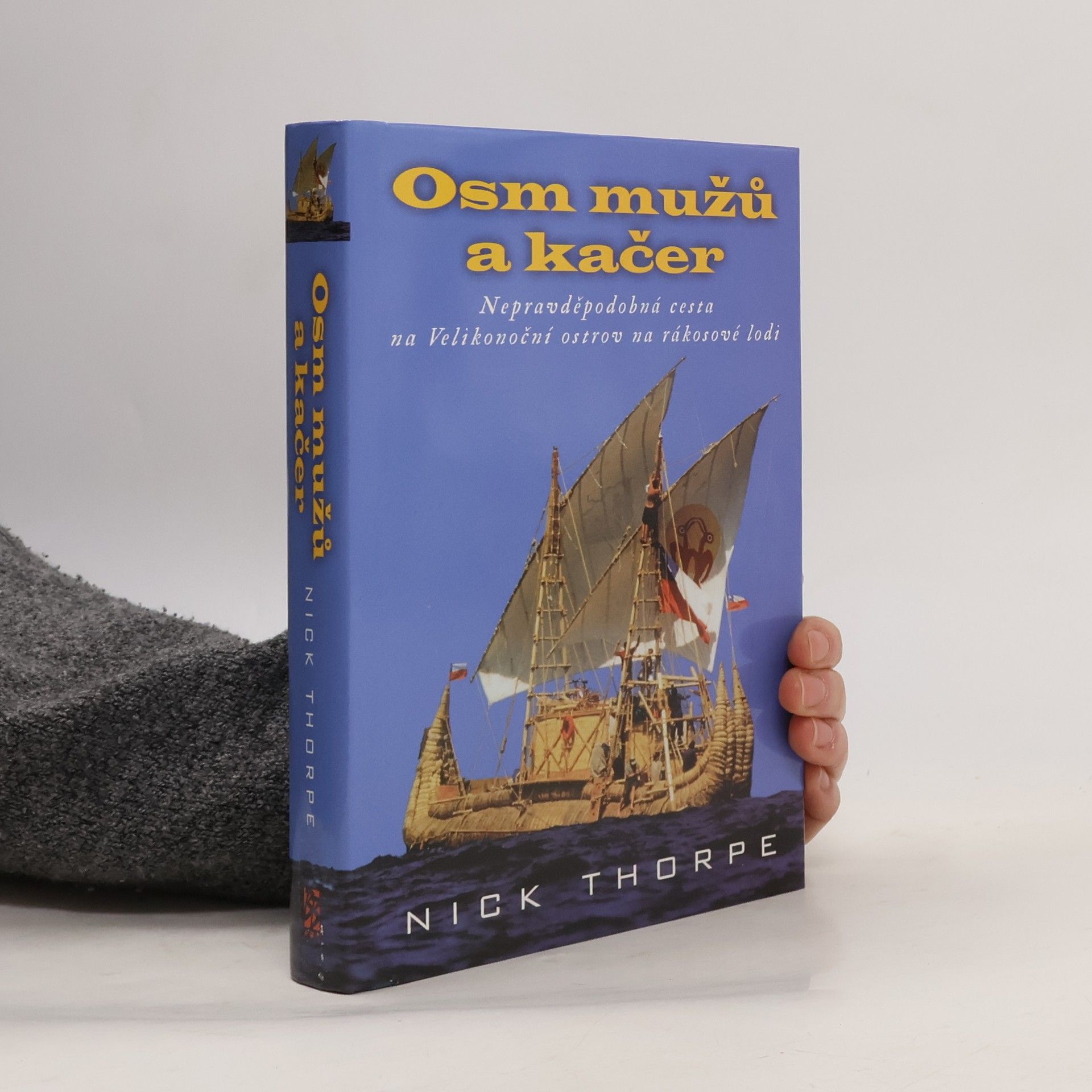'89, the Unfinished Revolution
- 328 pages
- 12 hours of reading
BBC journalist Nick Thorpe has witnessed first-hand some of the most tumultuous events of the past twenty-five years in eastern the Velvet Revolution in Prague; the bloody uprising in Romania; the bombing of Belgrade; and the economic crash of 2008. But for Thorpe the revolutions of 1989 roll on, yet to reach their conclusions. The old cold war has been replaced by a new cold war - this time between the people and the state. In '89: The Unfinished Revolution Nick Thorpe weaves the political with the personal, anecdote with analysis, to produce an energising and important account of history in the making.








